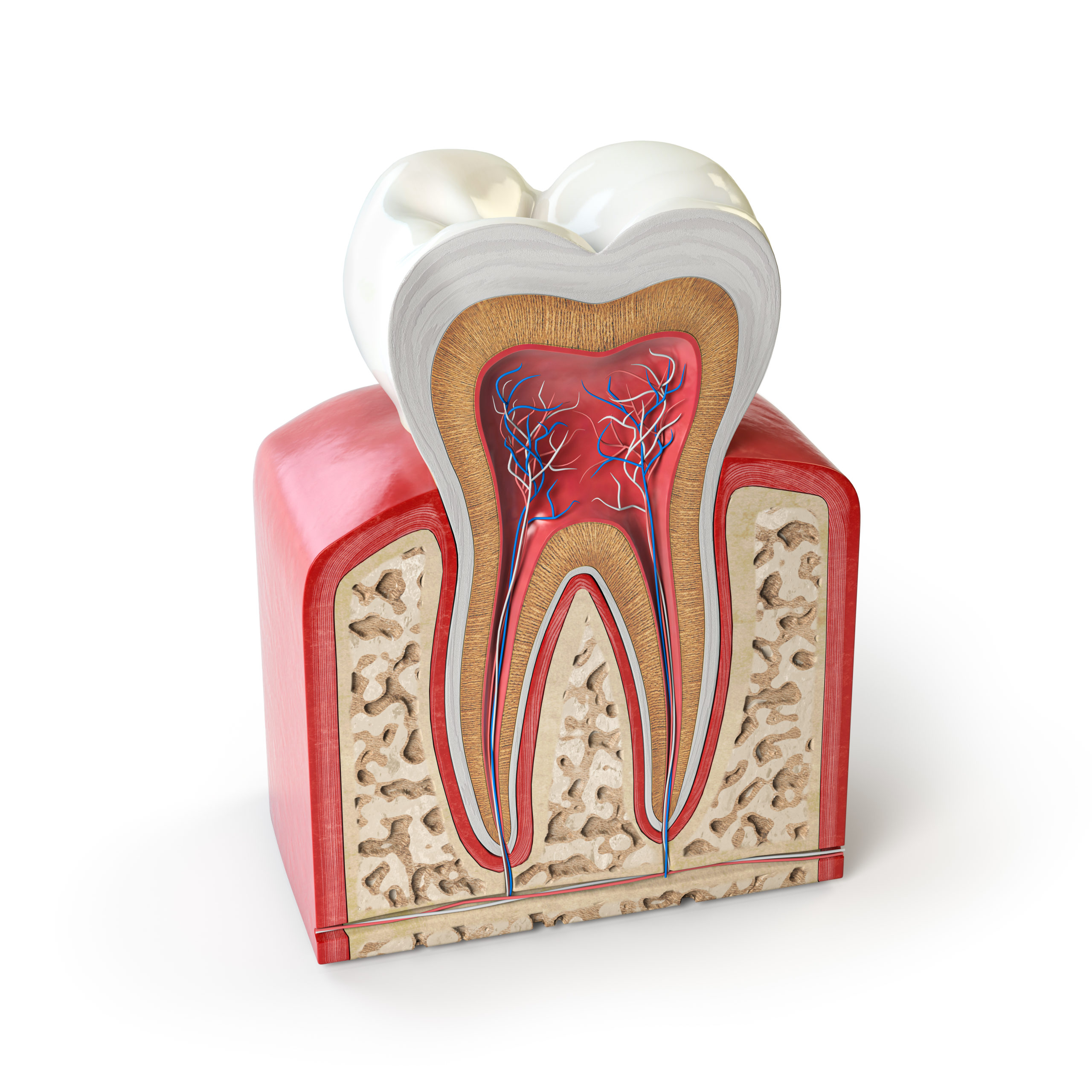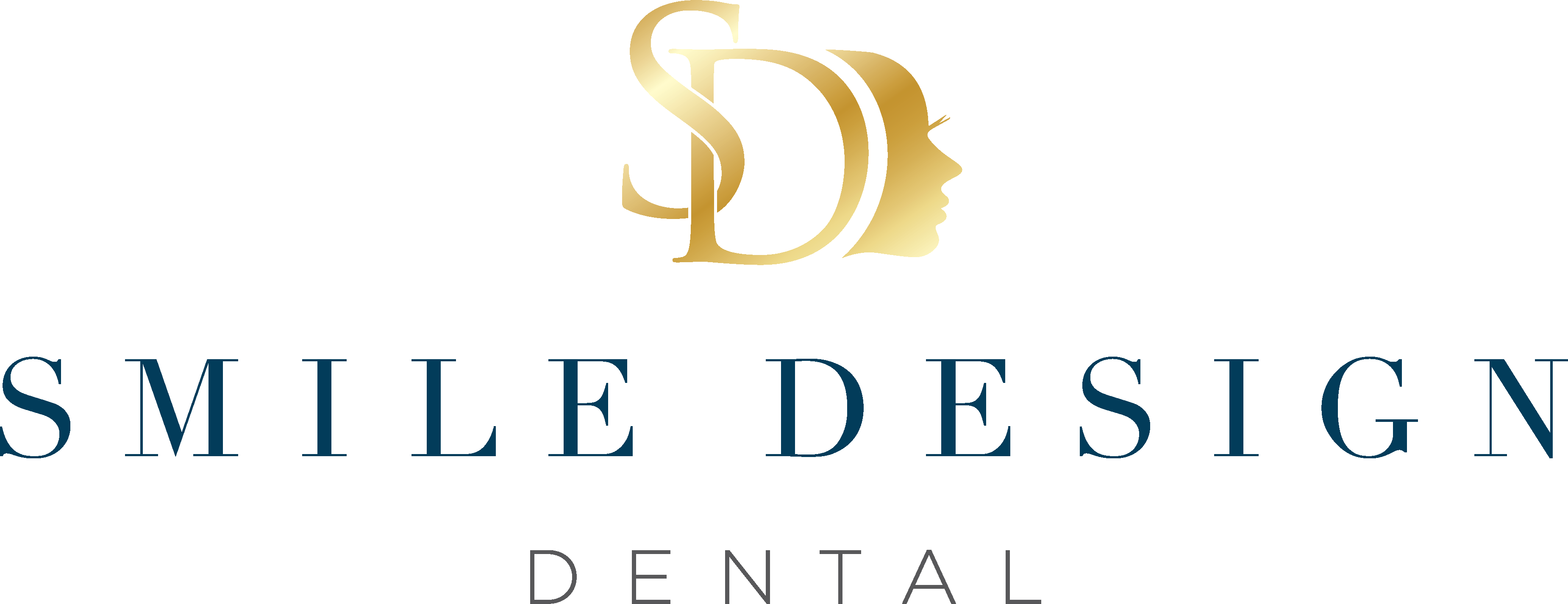
The mouth and body are intricately linked and unsurprisingly, any medical conditions you have or medications you take can affect your dental health. A few diseases of note for oral health are: diabetes mellitus; heart disease or recent/unresolved heart surgeries; high blood pressure; osteoporosis; pregnancy; auto-immune conditions. Your medications can also affect conditions and treatment we give you, particularly: blood thinners; osteoporosis medications; chemotherapy; recreational drug use; among others.
Below are some of the typical associations of dental health and medical conditions and medications/drugs though this is by no means an exhaustive list.

Gum disease and medical conditions
Gum disease starts off as gingivitis, bleeding of the gums where the damage is usually reversible. However, if this has been long standing this can progress to periodontal disease where the bone holding onto your teeth starts to break down. Recession occurs and teeth can become mobile and even fall out.
Gum disease, or periodontal disease, can show more aggressive deterioration in conditions where the immune system is compromised. Periodontal disease is a very common auto-immune disease where the body’s reaction to the bacteria beneath the gums is over-responsive, leading to deterioration in the area. If you already have one auto-immune condition like osteo-arthritis or irritable bowel disease, you are at a higher risk of developing periodontal disease.
Diabetes mellitus also shows a link with periodontal disease. When blood sugars are not well controlled, an aggressive form of periodontal disease presents more frequently. Whilst the normal progression of periodontal disease is chronic and slow, deterioration here can occur much more rapidly. Once blood sugars are well managed however, your periodontal health should be much simpler to manage.
Bleeding and peeling gums may occur with more complicated medical conditions. From vitamin C deficiencies (scurvy) to chemotherapy to other auto-immune conditions, these can all thin the tissues and lead to tearing. Some conditions require consulting with specialists to improve or mitigate these effects. The use of specialised ultra-soft toothbrushes can help reduce trauma to the gums in such cases.
High Blood Pressure, Blood Thinners and Dental Work
It is important to have your blood pressure controlled when undergoing any medical procedure and that includes dentistry. In particular, any procedures that put the body under more stress, like extractions, could elevate your blood and put it at risk of developing a hypertensive crisis. Most dental anaesthetics also contain adrenaline in them to allow them to function better. This can at times enter nearby blood vessels and raise your heart rate for a few minutes. It is therefore very important to let your dentist know if your blood pressure is not well controlled.
Medications used to thin the blood can also mean additional bleeding with dental procedures. Complicated procedures like tooth extractions will cause a fair amount of bleeding but even simple treatments, like a clean or fillings, can disrupt the gums and cause bleeding.
There are multiple medications available now as blood thinners, but the one that will have the most impact with dentistry is warfarin. This can thin your blood so much that in the event of a tooth extraction you will not be able to form a blood clot and will potentially keep bleeding without further treatment. In such case we will require an INR test to be performed within 24 hours of your procedure, this will tell us the risk level of your bleeding and what further protocols will need to be taken. Other medications can have a similar effect to this but are generally more dose dependant, make sure to communicate to your dentist all the details of these.
Aspirin usually does not require any special protocols, as long as your blood typically clots within 10 minutes, but may require a dressing after any extractions.
Fish oil and other vitamins/extracts can also thin your blood, so relate any of these types of medications also.
Antibiotic Prophylaxis and Dental Treatment
Antibiotic prophylaxis is usually only required in conditions that may lead to bacterial endocarditis. This is where irritation from the mouth leads to bacteria entering the vascular system and may attach to the heart, primarily the valves. This is a rare infection that has shown an association in individuals that faulty/unrepaired heart valves, recent valvular surgery, unrepaired heart defects, in those who have previously had bacterial endocarditis, and those who have had rheumatic fever in Indigenous/Torres Strait Islander heritage. If you have any conditions with your heart/valves it is always best to check with your dentist whether you will require this antibiotic prophylaxis prior to your dental treatment.
Prosthetic joints/ prosthetic hip replacements were previously managed with antibiotic prophylaxis however this is no longer required. The data now shows that there is no convincing connection of bacterial infection to these locations.
Tooth Infection and Bacteraemia
A tooth infection is where bacteria enters the tooth, first through the enamel layer, further to the softer dentine, then finally into the nutrient-rich pulp. Once bacteria reaches the pulp it multiples almost instantly and becomes a source of infection that can enter the rest of the body via the apex of the tooth roots. Usually the body is able to fight off the bacteria that exits the tooth but is unable to reach inside the tooth itself. This means the bacteria can never be entirely eliminated without either a root canal treatment of tooth extraction.
Occasionally the bacterial load will become too great for the immune response to fight off and the infection can move to the tissues and spaces near the tooth causing cellulitis. This will result in swelling and a great deal of pain in the area. If the swelling occurs further back in the mouth there is the potential for a life-threatening condition to be caused, called Ludwig’s Angina, where the airways become blocked off. Bacteria could also enter the blood vessels and lead to bacteraemia. There have been correlations of long standing teeth and gum infections and chronic health conditions. Though more research needs to be conducted to make any direct causative links, poor oral health does seem to have a part to play in heart disease, Alzheimer’s, and potentially other auto-immune conditions.
It is incredibly rare in developed nations though it is possible for bacteraemia from a tooth infection to become so severe that septic shock can occur. There would be many warning signs, like intense pain and fever, that should have you seeking treatment long before such an extreme event takes place.
Medications and Dental Health
Pretty much any medication you take can lead to reduced saliva flow and dry mouth. If any medications you take dry your mouth out considerably, consider consulting your GP to try switching to another one. A dry mouth can be uncomfortable, leads to a higher chance of tooth decay, can impact speech and denture wearing so it’s worthwhile trying to improve these side effects. Artificial saliva gels/mouthwashes/toothpastes can help when medication cannot be switched out for another one.
Some medications, like Dilantin (an anti-convulsant), can cause gingival hyperplasia – where the gums swell and can obscure and even displace teeth. The effects of these drugs may not reverse once stopped and may require the excess tissue to become cut away. This can also lead to gum disease, the teeth becoming wobbly and may even fall out. It is best to switch your prescription to another drug if you see this starting to occur at all.
Osteoporosis and Bisphosphonates
Bisphosphonates are commonly used to treat osteoporosis. They are incredibly effective at preventing the bone from breaking down but they are a bit of a double edged sword – they also prevent the bone from rebuilding as effectively. You may have taken this in either tablet or as injection many months apart. Bisphosphonates, once taken, stays in the bone forever.
In cases of teeth extractions if you’ve had bisphosphonates in the past this puts you at increased risk of bisphosphonate-induced osteonecrosis of the jaws. What this entails is that the extraction site may never properly fill in with bone and may potentially be exposed and always be a little bit sore and tender. The risk of this is fairly low though because the condition can be permanent it is important to consider when these drugs have been taken in the past. If you are thinking of taking bisphosphonates make sure your dental health is thoroughly checked and managed beforehand. Once you have taken bisphosphonates it is important to avoid tooth extractions wherever possible, therefore maintaining good dental health is critical.
Osteonecrosis can also be caused by a newer alternative to bisphosphonates, denosumabs (Prolia). This drug is administered via tablet or injection also, months apart, stays in the bone, but levels may decrease a little more over time than bisphonates. It is important to treat denosumabs in the same ways as bisphosphonates: avoiding extractions and becoming dentally fit prior to starting.
Chemotherapy and Dental Health
Chemotherapy is a great tool for fighting cancer but unfortunately it commonly comes with some poor oral health side effects. It can lead to dry mouth, weakened gums and tissues in the mouth as well as the rest of the digestive tract. It can also lead to progression of tooth decay very rapidly.
Your specialist will have some great tips in helping to manage the side effects you face with chemotherapy but for dentistry we suggest a few things.
- If there’s time before you start chemotherapy, see your dentist and complete and necessary dental treatment.
- Use a specialised ultra soft toothbrush.
- Use Tooth Mousse Plus and a high fluoride toothpaste.
- Use saliva gels/mouthwashes, such as Biotene products
- See your dentist regularly between courses of chemotherapy.
Pregnancy and Dental Health
Pregnancy puts a large toll on a woman’s body. It disrupts her immune system as well as redirects many nutrients from her body to that of the foetus’s.
Pregnancy gingivitis is a common presentation with pregnancy where the gums will be more prone to bleeding and have increased inflammation. Don’t be scared of the bleeding. Bleeding occurs because of the presence of bacteria, it is just with pregnancy the body is having a larger than normal reaction to the bacteria. Once bacteria, ie: plaque, is removed and the teeth are kept clean this bleeding will settle down. You may bleed a little more with flossing too, but this should reduce after a few days. If bleeding persists see your dentist, you may require a clean to remove calculus and check the integrity of your fillings.
You can still have dental work performed when you are pregnant, but best to leave elective and non-urgent treatment to the second trimester. This is the safest time during your pregnancy where the stress of the dental procedure is the least likely to affect your baby. If you have pain or an untreated tooth infection it is usually best to have this addressed sooner to prevent possible cellulitis and bacteraemia. Dental anaesthetics are all localised within the tissues in your mouth, so rest assured that these are completely safe to use during pregnancy. Treatments such as teeth whitening and injectables are best to wait until after the baby is born and weened.
Pregnancy will not cause your teeth to deteriorate, but a lack of oral hygiene and an acidic mouth might. Brushing and flossing diligently should keep your teeth decay-free. The baby will not steal calcium from your teeth. Your teeth have been formed long before you fell pregnant and will only breakdown from external factors. Morning sickness however can lead to greater acid stress on your teeth. The acid can soften the outer surfaces of your teeth leading to greater wear, particularly if you grind, and allow for faster tooth decay. Counteract the acid by drinking water every time you are sick or suffering reflux. Consider a high fluoride toothpaste, use tooth mousse plus, and avoid nocturnal snacking.
Recreational Drugs and Dental Health
Recreational drugs can affect your dental health in a number of ways depending on the type of drug you are using. Certain drugs, like ecstasy and methamphetamines, can lead to a parafunctional grinding habit. It is common these drugs can cause you to chew your lips, wear into your teeth and can even lead to tooth cracks. These drugs also dry out your mouth reducing the protective action of your saliva, worsening the grinding effects. “Meth mouth” is a typical presentation of someone who has abused methamphetamines where considerable damage has occurred to the teeth and gums. Damage can occur quite rapidly and lead to tooth loss.
Marijuana will typically increase more “snacking” behaviour. Each time we eat the oral environment becomes acidic but this improves over time and the teeth are able to harden up again during periods where there has been no food or drinks consumed for a while. A habit of consuming marijuana may reduce times where this beneficial remineralisation takes place and extends demineralisation from acidic periods. If marijuana is smoked this can also lead to increased incidence of oral cancer as with tobacco smoking.
Recreational drugs also tend to decrease the user’s oral hygiene, where teeth may go unbrushed for long periods of time. It is recommended to brush teeth twice a day and floss at least once, if this hygiene is carried out plaque can mature into more dangerous colonies that are more likely to lead to tooth decay.
Summary
Your oral health is inexorably linked with the rest of your body where conditions from the mouth can be affected by other health condition and medications, and vice versa. When oral health and medical conditions are well managed they do not typically affect each other negatively, though medications can lead to some poor oral health side effects. It is always important to report all medical conditions and medications, both current and used in the past, to your dentist.
If you have any questions about how medical conditions and your dental health may affect one another just leave a comment below.


Recent Comments